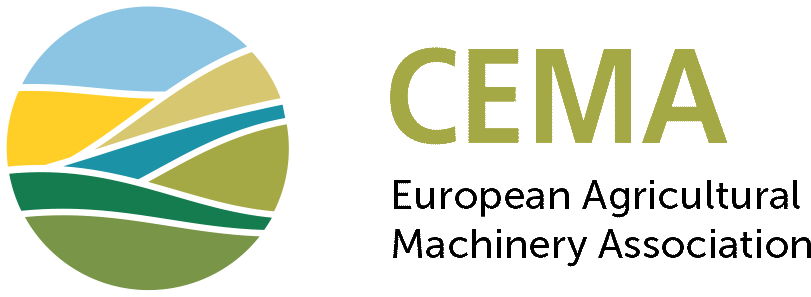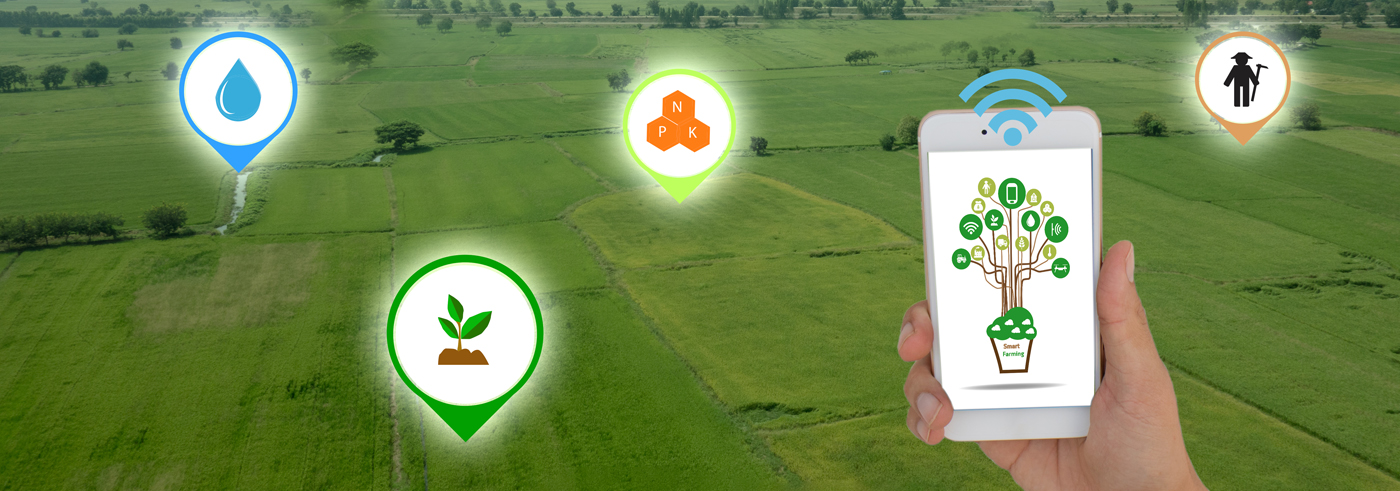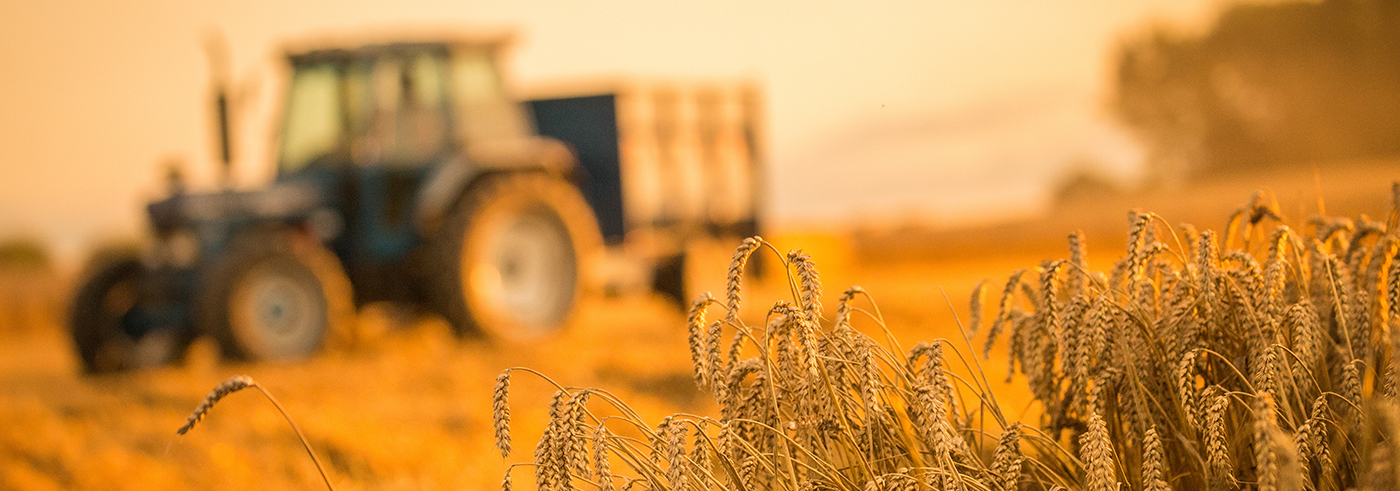Digitisation of agriculture: advantages and barriers drive the debate
The speeches were kicked off by Philipp-Andreas Schmidt from Bayer, co-organizer of the event. He mentioned that a significant amount of what affects agriculture and digitalisation is not decided in agri-specific policy environments, but increasingly by technology-specific regulation, which acts horizontally and has the potential to affect the digital transformation of farming. The European Code of conduct on agricultural data sharing, of which CEMA is a developer and a co-signer, was mentioned as a key development to help bring down the trust barriers concerning data-sharing in the sector.
Jurgen Vangeyte from ILVO (Research institute for agriculture, fisheries and food in Flanders) gave a Ted Talk style speech on how to bring digitalisation to real farming practices. ILVO, who is involved in many Horizon 2020 projects with CEMA (IOF2020, SmartAgriHubs, INNOSETA), has run a series of studies with farmers in Flanders on their adoption of smart technology solutions in their farms. Findings showed a majority of farmers use GPS but the adoption of other types of precision farming technologies is still unsatisfactory.
Low adoption rates
Reasons behind the low adoption rates are end-users concerns on issues such as the high initial investments needed to access precision farming, uncertainty in payback times, and added value creation, which is perceived as being mostly shifted further up in the chain. Fostering the social element of innovation by targeted communication to the end-users is key to ensure understanding and uptake of these technologies.
Digital Innovation Hubs (DIH) were mentioned as enablers to get a better end user. DHIs bring together all actors and connect them with the right solutions: technology services, testing and validation, access to finance, but also “test before invest” strategies and foreseeing skills training for farmers.
A panel discussion, brought together different points of view on the topics touched, the farmers’ represented by Maira Dzelzkaleja from the Latvian Farmers Association and Cedric Porter from LEAF (Linking Environment and Farming), passing to research, again with Jurgen Vangeyte, and getting to the policy makers’, with MEP Irène Tolleret.
The lively debate touched again upon the challenges hindering adoption of precision farming and its inevitable link with the high average age of farmers in Europe, the lack of proper digital training available and the need to bridge the technology access divide between people living in rural areas and those in urbanized centres, by way of adequate infrastructure and connectivity.







